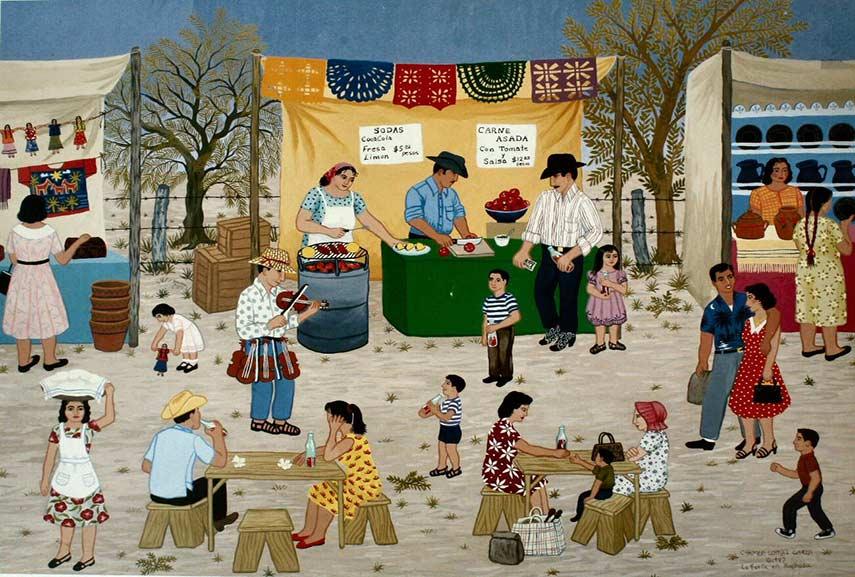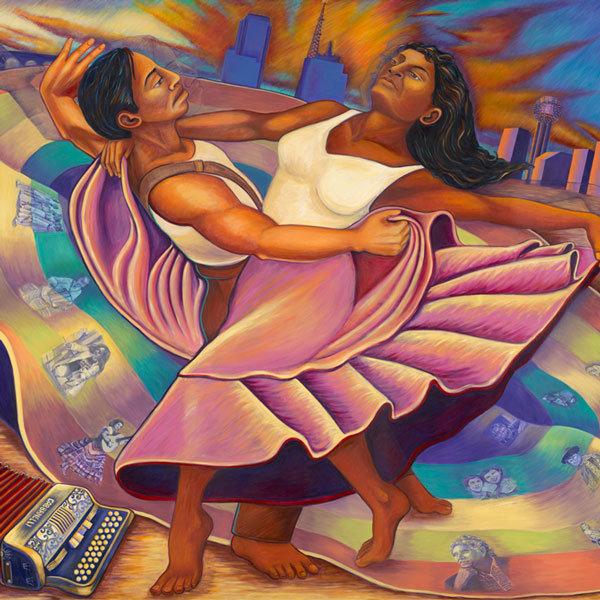Throughout history, art has been one of the main ways of self-expression for many people around the globe. Many cultures and communities used various forms of it to demonstrate their unique way of seeing the world and themselves. For example, Americans of Mexican descent created Chicano art as a colorful and striking method of conveying their perspective of life and social position to the world.
Chicano art is bright, vibrant, and corresponding with various social issues. For Mexican-Americans, it is a way of defining their cultural and national collective identity. Frequently, they use their native aspirations, the history of their community, their struggles with racial stereotyping as sources of inspiration for creating educational and vulnerable pieces of art. Greatly influenced by the twentieth century’s movements for liberation and empowering of different communities of indigenous people, Chicano art became a social statement. While being notably colorful and eye-catching, it also manifested a political standpoint of the Mexican-American community.
One of the most remarkable works of Chicano art are La Feria en Reynosa by Carmen Lomaz Garza and Danza de la Tierra by Judy Baca. The first piece beautifully represents Mexican-Americans’ everyday life, giving the audience a profound insight into the community and providing details of their culture. The second painting is a testament to the free and resistant Mexican-American spirit. It demonstrates that even when facing injustice and hardship, these people will remain joyful and strong. Both art pieces are great representatives of Chicano art as they exhibit their unique features while telling compelling stories.
To conclude, to me Chicano art means a powerful manifestation of different aspects of the Mexican-American identity. It helps me understand the indigenous people’s struggles better as it conveys their history and social stance in a notable, distinctive way. In my opinion, the artistic world should take notice of such kinds of art as they offer a different, insightful point of worldview on the communities, often overshadowed and unrecognized.

